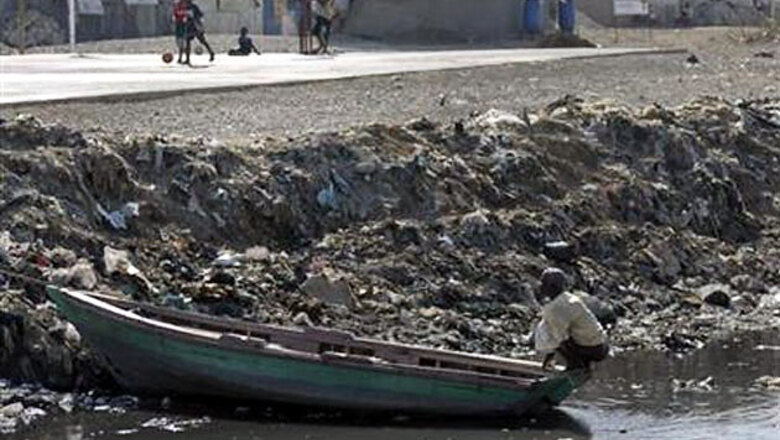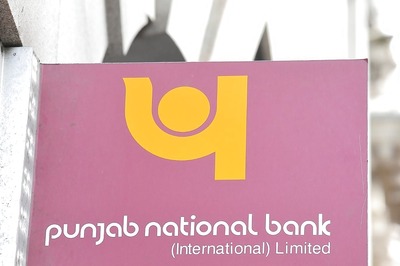
views
Rome: Governments are failing to fund projects to improve access to toilets and other sanitation services in poor countries because the subject remains "taboo", a director at the Bill & Melinda Gates Foundation said on Monday.
"Who wants to talk about shit?" asked Frank Rijsberman, Director of Water, Sanitation and Hygiene at the $ 34 billion charitable foundation, during an interview with Reuters on Monday.
"It's the last big taboo and as a result more than one million kids die every year. Diarrhoea is the second largest cause of death after respiratory infections in young children," he said at the Global Water Summit 2012 conference in Rome.
Rijsberman said global leaders should take opportunities like the UN conference for sustainable development in Rio in June to set new sanitation targets.
The Bill & Melinda Gates Foundation, set up by the founder of technology giant Microsoft and his wife, has already given grants to researchers to come up with cheaper and more efficient toilets, he added.
"We need the cellphone of sanitation, an aspirational product," Rijsberman said.
Ideas submitted so far include inventions that turned dried human waste into a kind of cooking fuel, or used microwaves to transform it into electricity.
About 1.1 billion people across the world still defecate in the open because they have no toilets, according to the United Nations.
Governments are still far from meeting an internationally agreed Millennium Development Goal (MDG) for sanitation - only 63 per cent of the world now has improved access to sanitation, well below the target of getting that to 75 per cent by 2015.
By contrast, the world has met the MDG to halve the proportion of people with no safe drinking water well ahead of the 2015 deadline, according to UN data released in March.
Rijsberman said new sanitation technology was needed most in South Asia and Africa, though may be rolled out more quickly in Thailand, Malaysia and other countries.




















Comments
0 comment